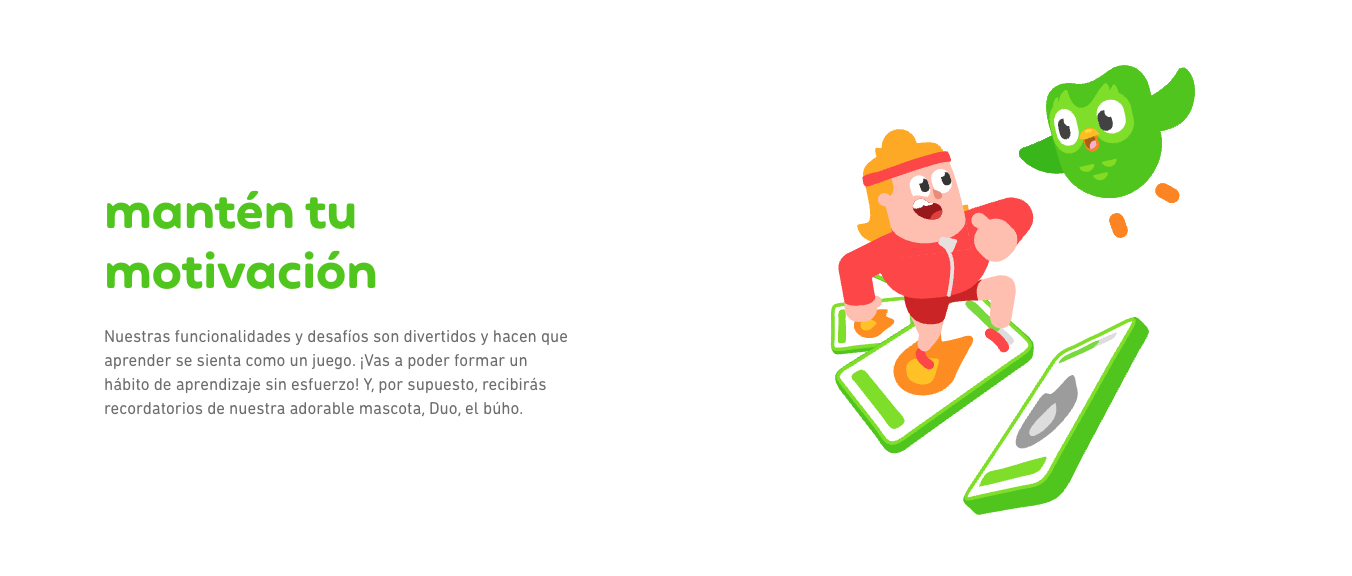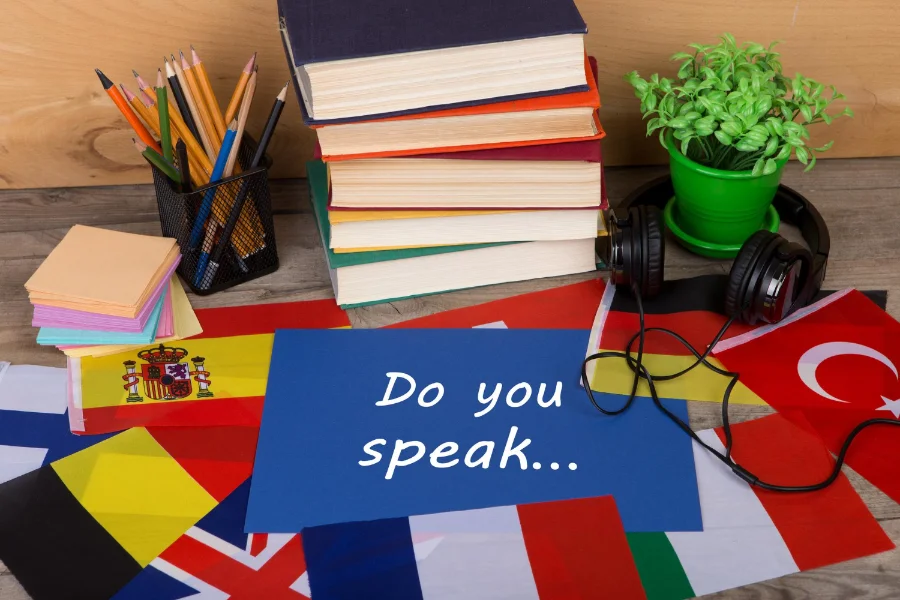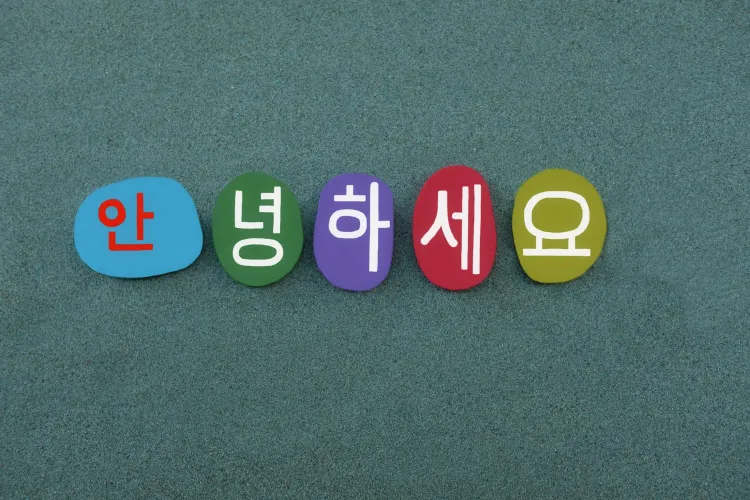Learn the language of Belgium with Duolingo
The country has three official languages: Dutch, French, and German.

Belgium, a country known for its rich history, impressive architecture, and delicious beer, is also famous for its linguistic diversity. The country has three official languages: Dutch, French, and German. Learning these languages can be a challenge, but thanks to Duolingo, the task becomes much easier and more accessible.
Why Learn the Languages of Belgium?
Learning a new language is always an excellent way to expand your horizons and open new opportunities. In the case of Belgium, learning its languages will allow you to communicate with locals, better understand their culture, and improve your job prospects if you plan to work in the country.
Moreover, learning Dutch, French, or German can be useful even if you don't plan to visit Belgium. These languages are spoken in many other countries and regions, and having them in your linguistic repertoire will give you an advantage in today's globalized world.
How Duolingo Can Help You Learn the Languages of Belgium
Duolingo is an online language learning platform that uses a playful approach to teach a variety of languages, including Dutch, French, and German. With Duolingo, you can learn at your own pace, anywhere and anytime, all you need is an internet connection and a device to access the platform.

Duolingo's methodology is based on interactive exercises that help you develop your reading, writing, listening, and speaking skills. Additionally, the platform uses spaced repetition techniques to help you remember what you've learned and effectively incorporate new words and phrases into your vocabulary.
Duolingo's Playful Approach
One of Duolingo's most notable features is its playful approach to language learning. The platform turns learning into a game, with levels you can complete, points you can earn, and friendly competitions you can have with other users. This approach makes learning more fun and motivating, helping you maintain interest and keep practicing.
Moreover, Duolingo offers a variety of exercise types to keep things interesting. You can practice your pronunciation with speaking exercises, improve your listening comprehension with listening exercises, and expand your vocabulary with word-matching exercises.
The Effectiveness of Spaced Repetition
Spaced repetition is a learning technique that involves reviewing information at increasingly longer intervals. This technique has proven to be very effective in helping people remember what they've learned in the long term. Duolingo uses spaced repetition in its exercises to help you consolidate your knowledge and remember new words and phrases.
Additionally, Duolingo adapts its exercises to your skill level and progress. This means the platform will challenge you with more difficult exercises as your skills improve, but it will also give you the opportunity to review and practice what you've already learned. This personalized approach makes learning more effective and helps you progress at your own pace.
Tips for Learning the Languages of Belgium with Duolingo
Learning a new language requires time, patience, and practice. Here are some tips to help you make the most of your learning experience with Duolingo:
- Set a Study Routine: Regularity is key to learning a new language. Try to dedicate a little time each day to Duolingo, even if it's just 10 or 15 minutes. This will help you maintain momentum and progress consistently.
- Practice Pronunciation: Duolingo offers speaking exercises that help you improve your pronunciation. Take advantage of these opportunities to practice and don't worry if you don't get it perfect at first. Pronunciation improves with practice.
- Use Duolingo's Forums: Duolingo has an active community of users who are willing to help and share their experiences. Use the forums to ask questions, get advice, and learn from other students.
Learning the languages of Belgium can be a challenge, but with Duolingo, you can turn that challenge into a fun and rewarding learning experience. So why not give it a try and start learning Dutch, French, or German today?










